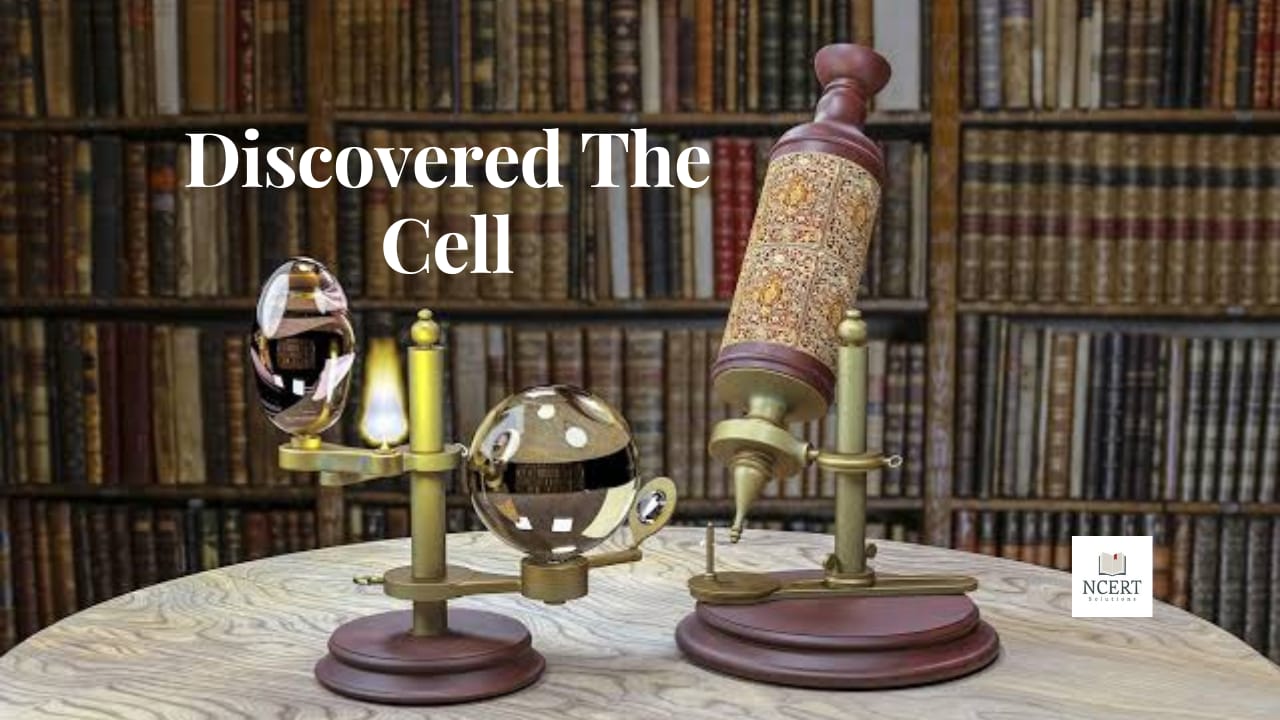The discovery of the cell is a fundamental milestone in biology. The cell is the basic structural and functional unit of all living organisms. The word “cell” comes from the Latin “cellula,” meaning a small room. This term was coined by Robert Hooke in 1665.
Robert Hooke’s Discovery
Robert Hooke, an English scientist, is credited with discovering the cell in 1665. Using a compound microscope, he observed the structure of a thin slice of cork and noticed small, box-like structures, which he termed “cells”.
| Discovered by | Robert Hooke |
| Scientist Nationality | England |
| Year | 1965 |
| Tool used | Microscope |
The Fundamental Unit of Life
Cells are the building blocks of all living beings, excluding microscopic organisms. All life processes occur within these cells, making them essential to the structure and function of organisms.
Development of Cell Theory and Research
The discovery of cells paved the way for numerous advancements in biological research:
- 1674: Antonie van Leeuwenhoek made the first observation of living cells.
- 1831: Robert Brown discovered the nucleus.
- 1839: Matthias Jakob Schleiden and Theodor Schwann proposed the cell theory, stating that all living organisms are composed of cells.
- 1855: Rudolf Virchow stated that all cells arise from pre-existing cells.
- 1953: Watson and Crick described the double-helix structure of DNA.
- 1981: Lynn Margulis presented the theory of symbiosis in cell evolution.
Cell Structure
Despite their tiny size, cells have complex structures, including the nucleus, cytoplasm, Golgi apparatus, endoplasmic reticulum, chromosomes, and more. Each component is vital to the cell’s function and overall organism health.
Understanding Cell Biology
Cytology, the study of cells, is essential for understanding biological processes. Modern cell biology continues to unravel the complexities of cellular functions and their impact on life.
Related: Packed cell volume: What is PCV in a blood test?




